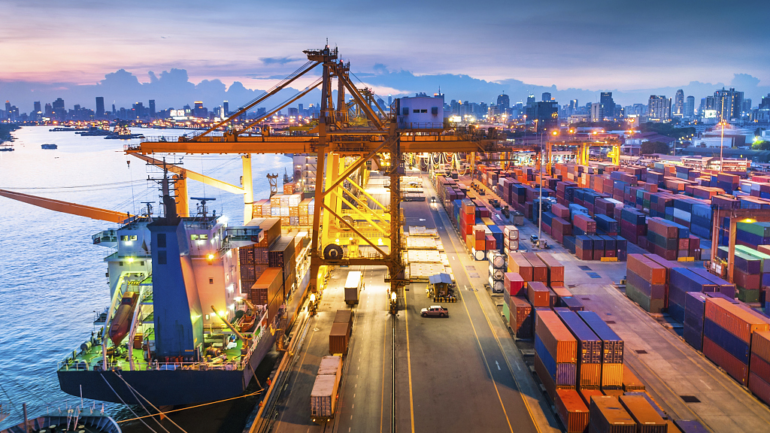The world depends on the international trading process along the coast of various countries. This very bilateral trading process forms the backbone of significant economies in the world. A potent tool the respective countries and buyers have at their disposal is import and export data, a database collection of various details regarding the trading process. This data is primarily a detailed record of the multiple goods and products that have been imported and exported by a particular country in a specific fiscal year.
The various importers data and exports data have also become very important and form a very integral part of the global trading scenario. The entire data is fed into a database already hosted over the internet and has global access. As a result of this global accessibility, traders and buyers worldwide can have a detailed analysis regarding a particular importer or exporter, thus ensuring a more genuine business. This online database can be exploited as and when desired, depending on the user. One can easily generate excellent charts and reports regarding buyers etc. These databases provide user-friendly options ranging from a general product-wise search query to a more complex buyer/dealer-based search.
A company can quickly assess its own or a prospective client with the help of these databases.
The import and export data is collected by competent and qualified authorities, primarily working under the customs department of the country, which categorized it under various subheadings as per the needs. This is essentially composed of names of the buyers, names of the importers and exporters, names of other parties involved directly or indirectly in the process, details regarding the product imported or exported, its specific Harmonized Code List, which is of primary importance, the quantity of the product, the quality standards under which it was received, the market cap on that particular imported or exported good, etc.
Most countries follow the bill of entry or the bill lading process to collect these data. This process allows the customer or other concerned authorities to note the record associated with the product when the product has touched the country’s shores. These authorities then pass on the development of the respective ports to carry on with the other trading process. This data also has various reports and case studies on a specific product as demanded or desired. It helps make the trading process very transparent and helps a particular buyer or importer choose his clients beforehand, thus making the business authentic and foolproof.

